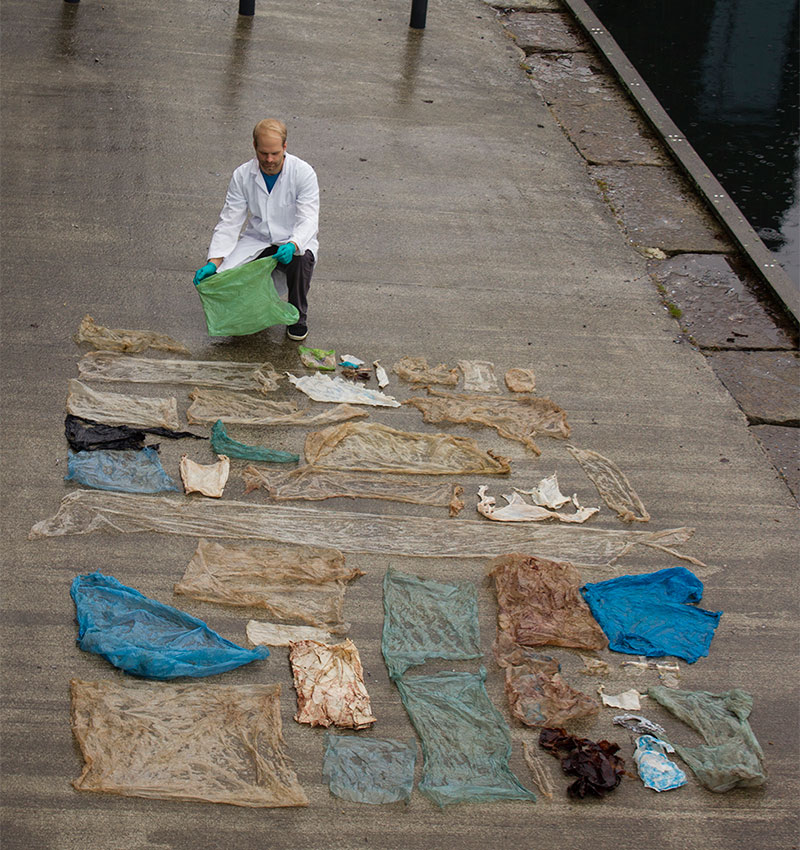
Photocopyright University of Bergen
Warning: article contains a graphic image
By Sol Torkildsen-Espeland
Sadly, the first documented goose-beaked whale to be found in Norway stranded at the West coast outside Bergen in January 2017. The whale got stuck in shallow waters repeatedly despite help from both the fire department and the Department of Wildlife Conservation. It took 5 people and 6 hours to dismember the remains. The stomach was full of about 30 plastic bags with labels in English and Danish. In addition, there were a lot of small plastic, candy wrappers and bread bags. Zoologist Terje Lislevand from University of Bergen tells NRK that the whale was in a lot of pain for a long time. Its digestive system was completely depleted of nutrients.
I’m afraid to estimate how long it could have taken before his stomach was totally full. In this case, the plastic particles accumulated and created a barrier in the system.
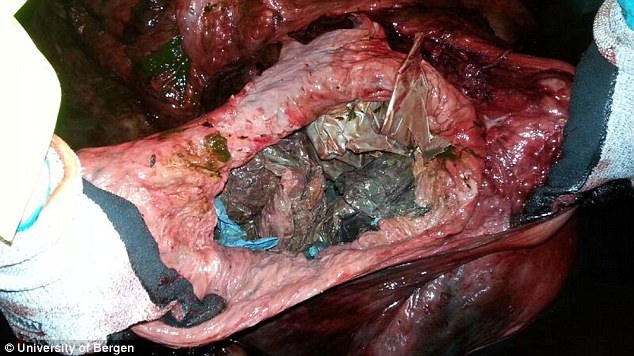
More Plastic Than Fish In The Sea
According to a study done by the World Economic Forum, by 2050 there will be more plastic than fish (by weight) in the ocean. The study also showed that there are at least 150 million tons of trash floating on the world’s oceans, discarded by a throw-away society and killing countless animals a year. There are currently five giant landfills floating in the oceans around the world.
An estimated 100 billion carrier bags are used every year in Europe – with 8 billion ending up as litter.
To be continued cause a whales tale makes people engage in collecting litter . . .
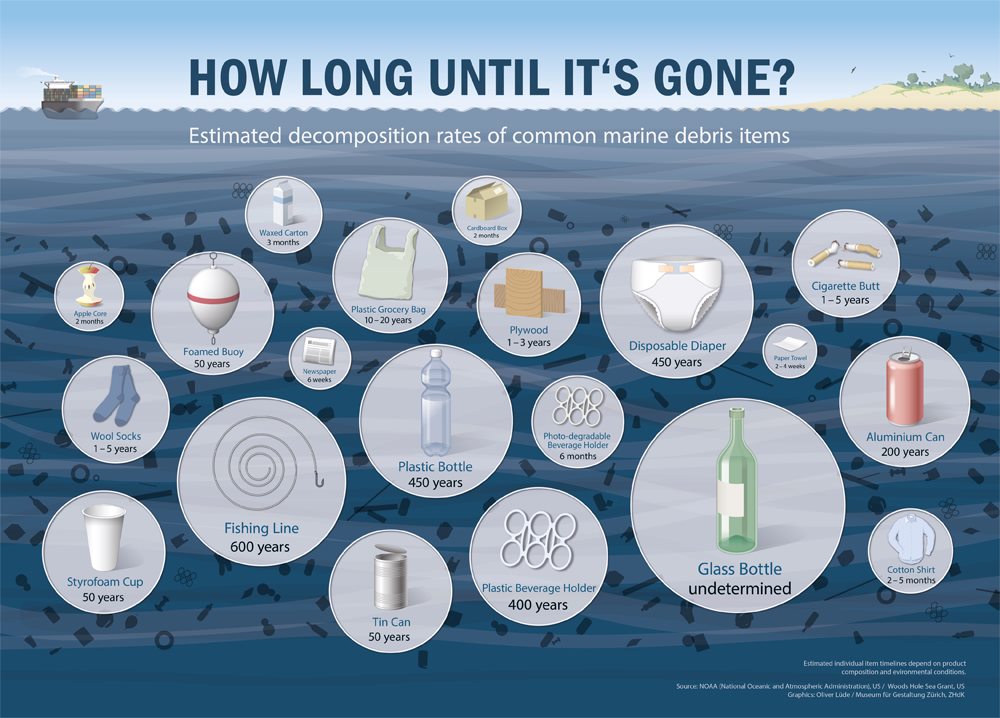
Sol (15 at the time she wrote this article) Torkildsen-Espeland made this article as her obligatory “work week” in her 8th grade class. Her is a video of Sol flying from NRK Nyhetene:
Blue Planet academic consultants: the message humanity cannot afford to ignore
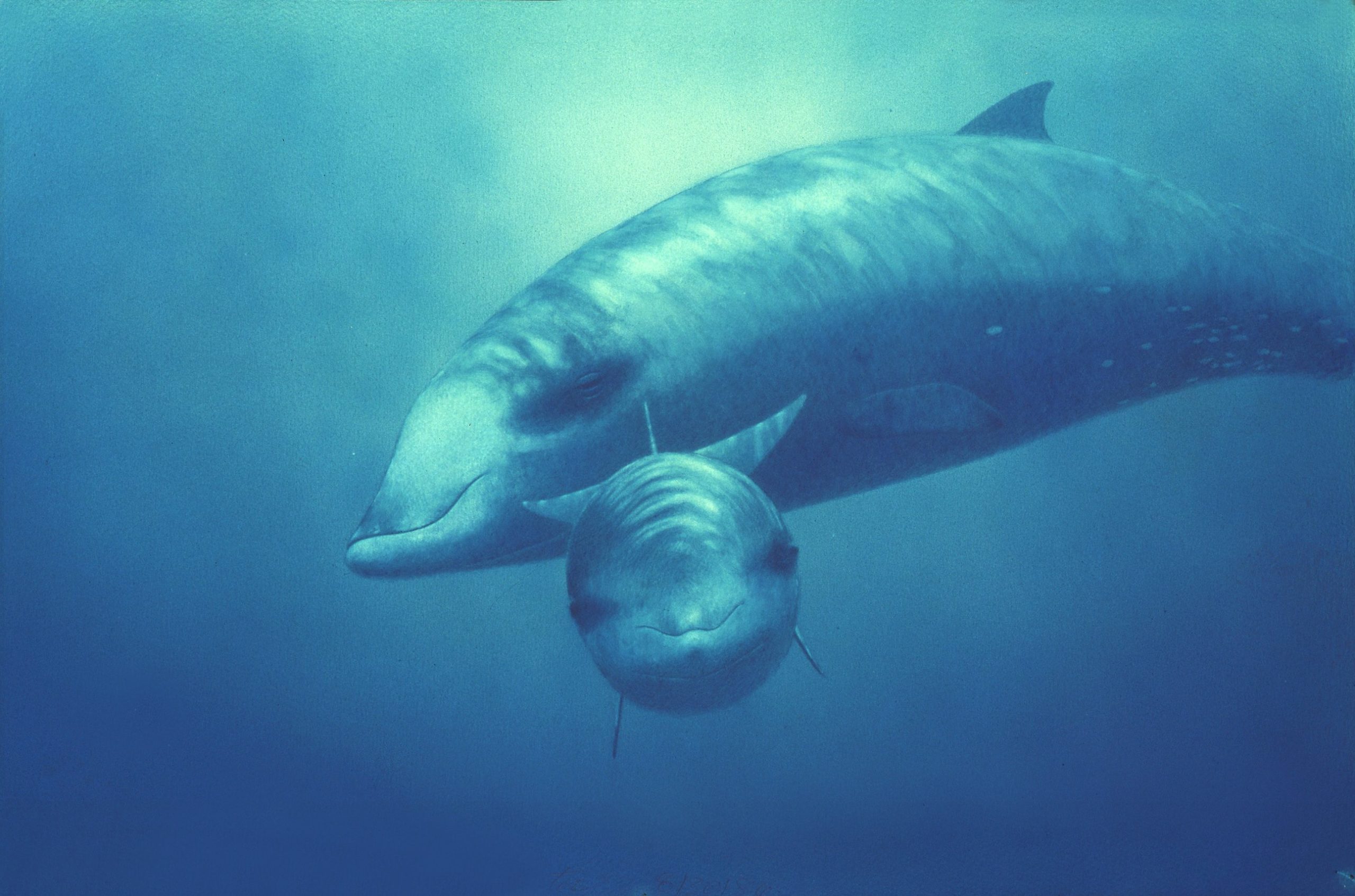

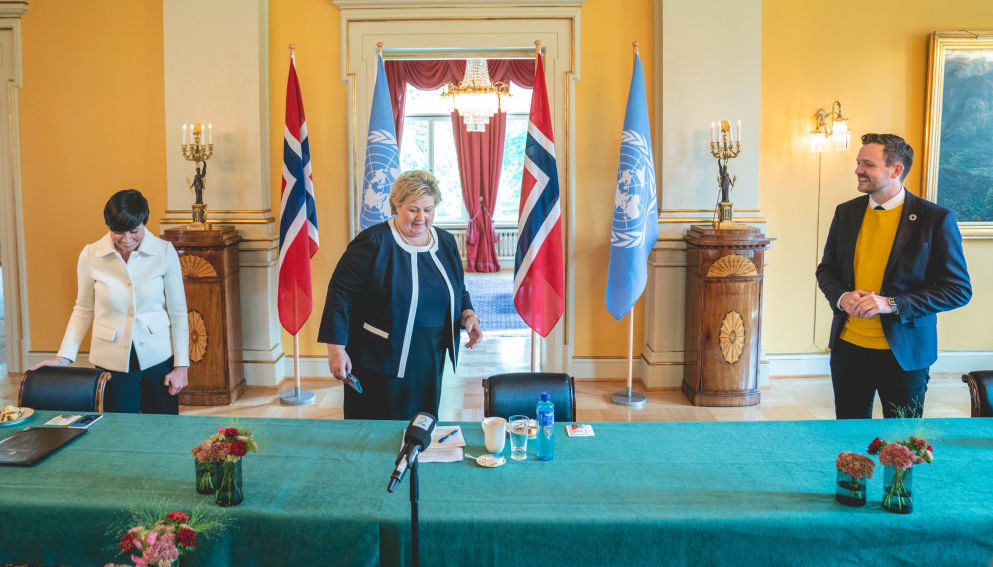
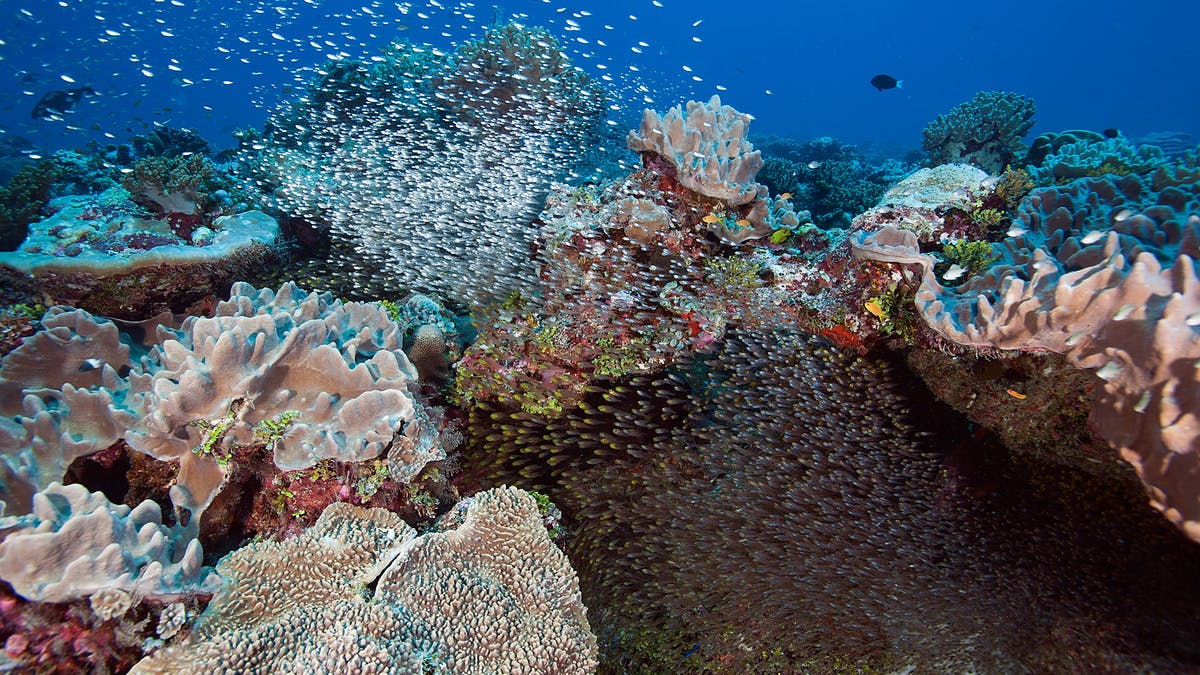

There are 2 comments
Comments are closed.